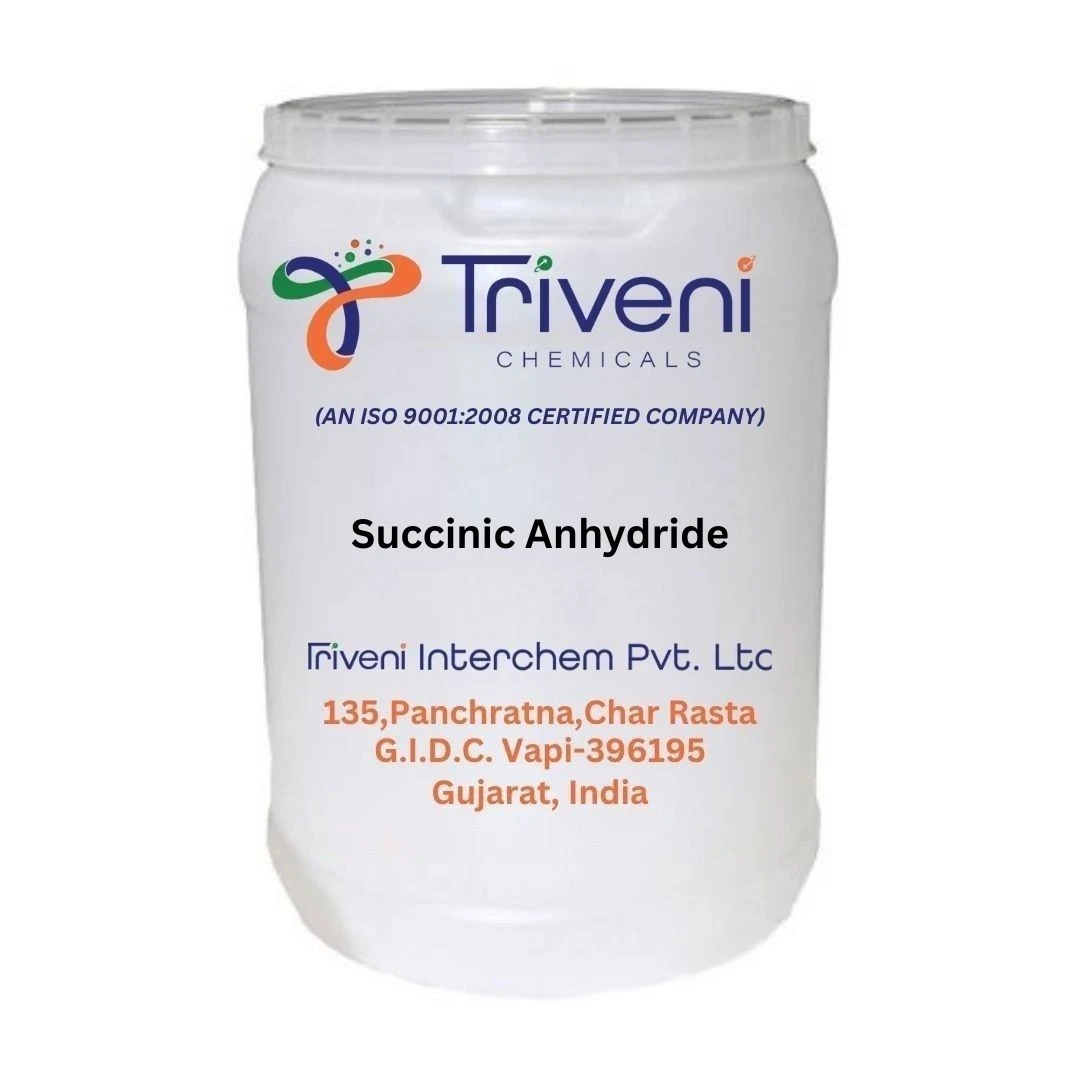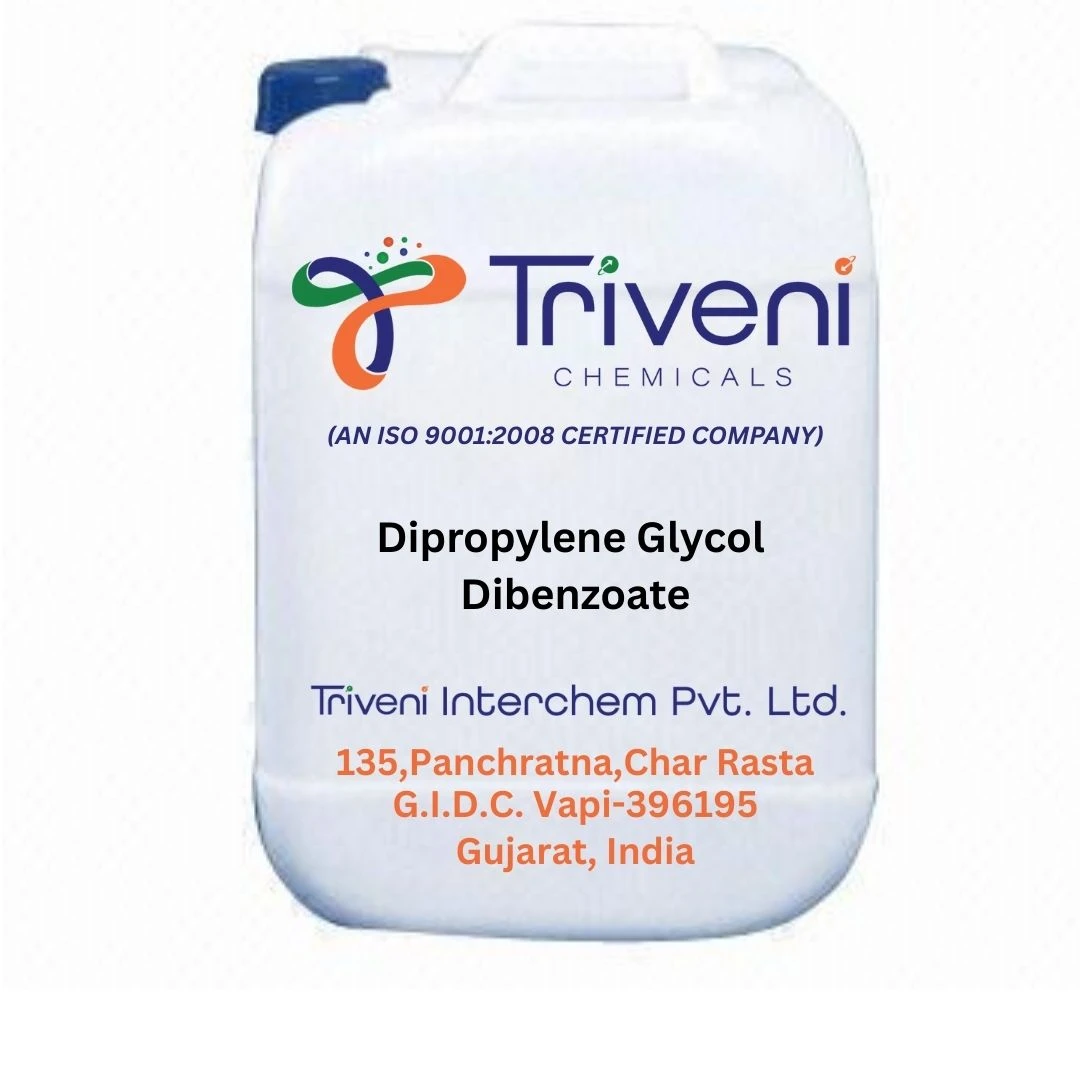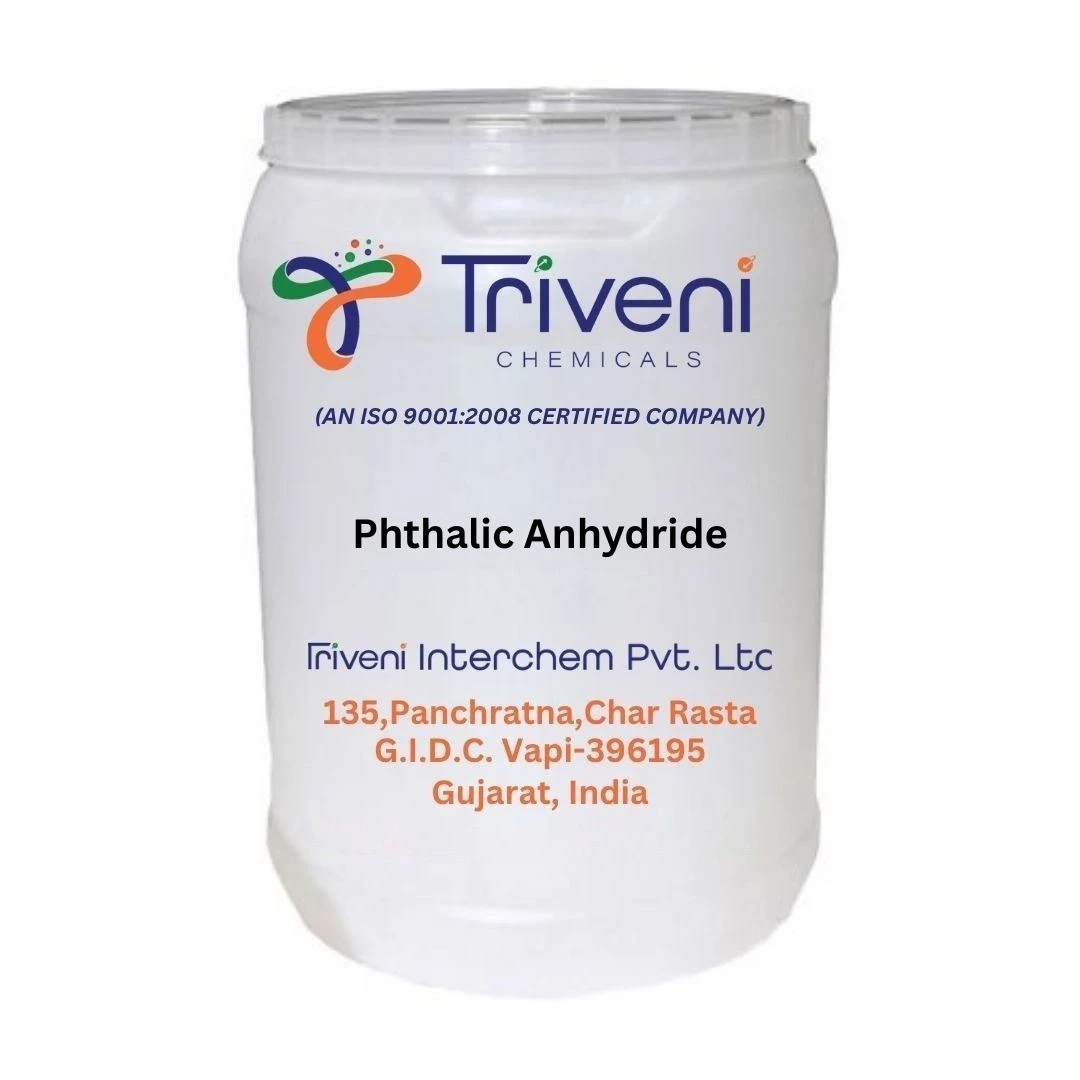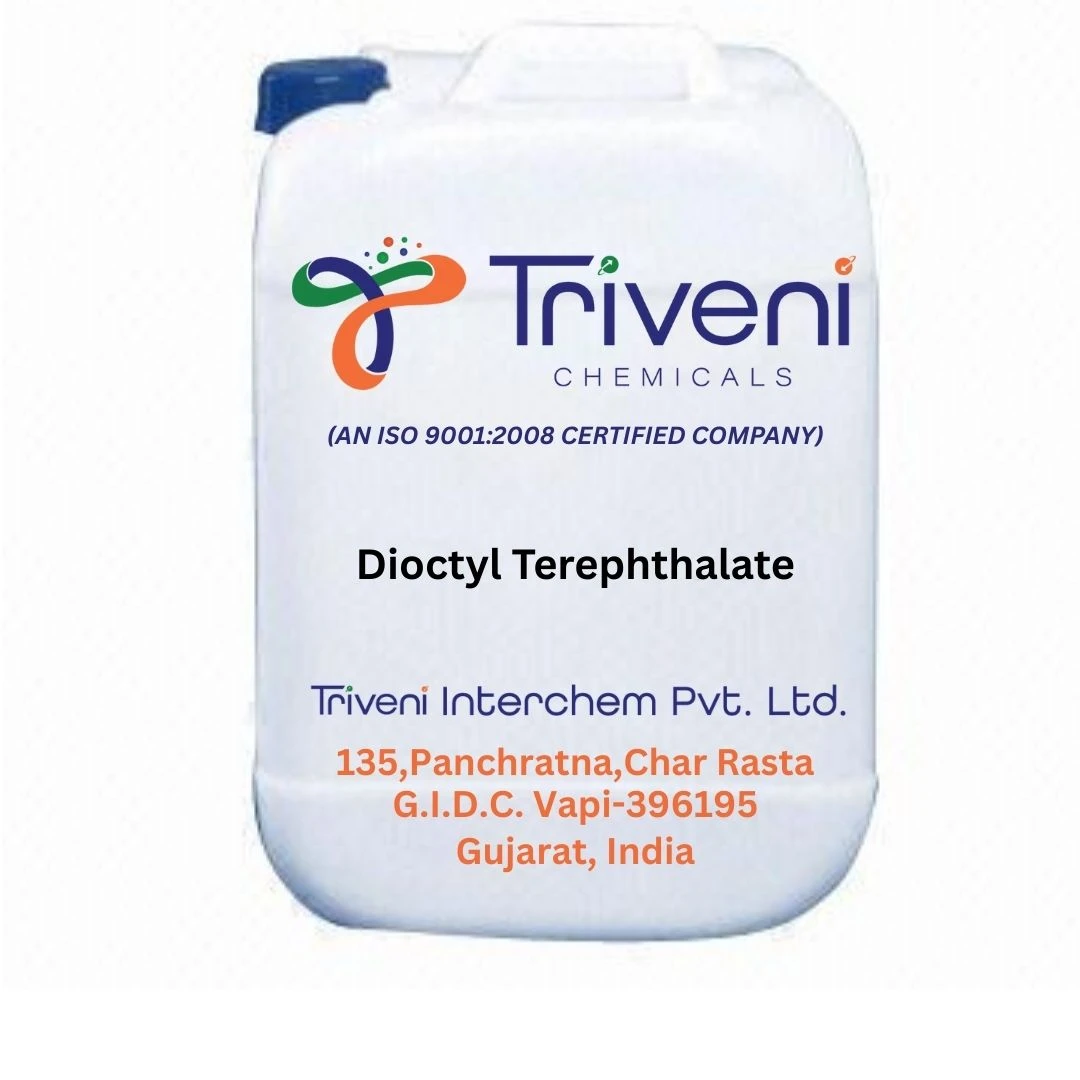Plasticizers and resins are essential components in the creation of diverse plastic materials, augmenting their malleability, robustness, and ease of processing. These substances play a crucial role in the formulation of plastics used in anything from industrial goods to common household items. Additives called plasticizers are added to plastics to..
Plasticizers and resins are essential components in the creation of diverse plastic materials, augmenting their malleability, robustness, and ease of processing. These substances play a crucial role in the formulation of plastics used in anything from industrial goods to common household items. Additives called plasticizers are added to plastics to make them more pliable and workable. They are especially important for naturally stiff polyvinyl chloride (PVC). PVC may be converted into a range of flexible goods, such as medical equipment, floors, and cables, by adding plasticizers. Phthalates, such as diisononyl phthalate (DINP) and di(2-ethylhexyl) phthalate (DEHP), as well as non-phthalate substitutes, such as adipates and trimellitates, are frequently used plasticizers. The primary components of plastics are resins, which give the material its strength and structure. Usually, they come from natural sources like plant resins or petrochemicals. Based on their characteristics, different kinds of resins are employed for particular purposes. For example, polyethylene (PE) is a popular resin that is used widely in items like bottles, pipes, and packaging sheets because of its toughness and chemical resistance. Another popular resin that is used in products like food containers and automobile parts is polypropylene (PP), which is prized for its stiffness and resilience to heat.Plasticizers and resins are combined during the manufacturing process to give the finished product the desired characteristics. The type and quantity of plasticizer used can have a big impact on the plastic's elasticity, hardness, and other properties. For the particular use, manufacturers carefully choose the right ratio of plasticizer to resin in order to get the ideal balance of qualities. On the other hand, questions have been raised concerning the effects of some plasticizers, particularly phthalates, on human health and the environment. Research has connected some phthalates to harmful consequences for human health, including problems with reproduction and hormone disruption. The development of safer substitutes and bio-based plasticizers has resulted from the increased demand for non-phthalate alternatives. In conclusion, resins and plasticizers are crucial ingredients in the creation of plastics, enabling a variety of uses across numerous sectors. The industry is always coming up with new materials and formulas that fulfill sustainability goals and performance standards, even as environmental concerns and technology rise.
Read More





